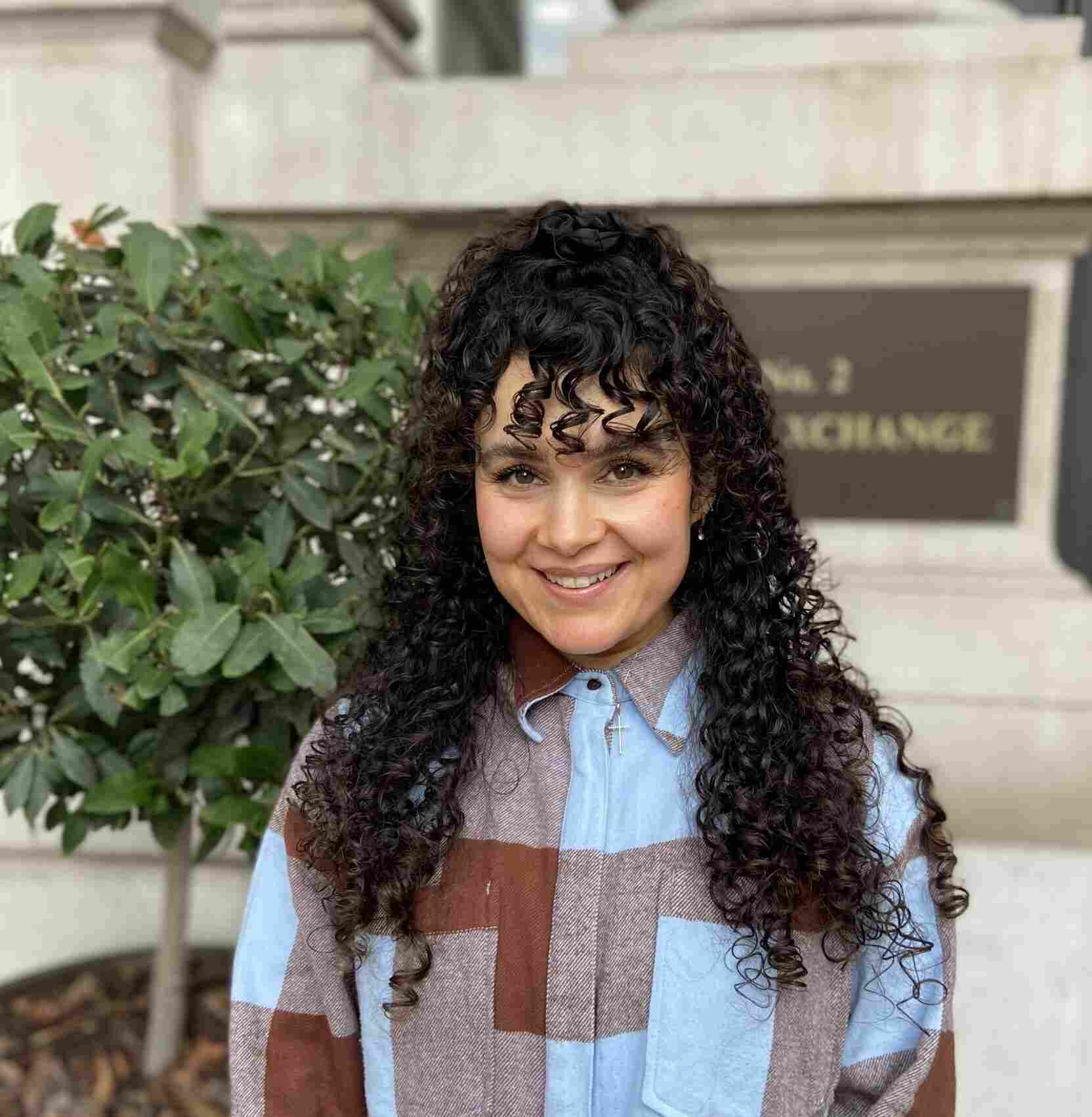End-of-life care is support for people in the final months of their life. Its primary focus is to help individuals live as comfortably as possible and to die with dignity. This type of care includes managing symptoms, providing practical assistance, addressing spiritual needs, and offering emotional and psychological support for the individual and their loved ones. End-of-life care can be provided at home, in hospitals, and in hospices. Regardless of the setting, the goal is always to respect an individual’s wishes and provide a serene and dignified end-of-life experience.
Palliative care, on the other hand, is support provided at any stage of a serious illness, beginning at diagnosis and continuing alongside treatments. It can be long-term, sometimes lasting for years, and concentrates on relieving symptoms, pain, and stress to improve overall quality of life for the individual and their loved ones.
The main difference between the two is timing and scope. Palliative care can be provided for years, while end-of-life care is specifically for those in the final months or weeks of life when treatments are no longer effective or desired.
When to consider end-of-life care
End-of-life care should be considered when an individual is facing a prognosis of six months or less, and when treatments are no longer effective or desired. At this point, the focus of care shifts from trying to cure the illness to maintaining quality of life. It is usually considered in cases of:
- Advanced illnesses: Where a person has a progressive, life-limiting illness such as heart failure, advanced cancer, or Chronic Obstructive Pulmonary Disease (COPD); and treatments are no longer improving their condition.
- Increased hospitalisations or visits to A&E : This can indicate that end-of-life care may be better for managing symptoms and providing comfort at home.
- Symptoms that become too difficult to manage despite treatments: End-of-life care can provide specialised support to alleviate these symptoms.
- Expressed desire to focus on comfort rather than treatments: To to spend their remaining time in a supportive and familiar environment.
Where end-of-life care can be provided
The setting for end-of-life care depends on each person’s needs and preferences.
At home: Many people prefer to spend their final days in the comfort of their own home, surrounded by loved ones. Care at home allows for the most personalised and intimate setting.
Hospitals: End-of-life care in hospitals is best suited for those requiring complex and intensive medical support, as hospitals are equipped to handle advanced medical emergencies and needs.
Hospices: Hospices specialise in end-of-life care, offering a home-like environment while providing comprehensive support that includes medical, emotional, and spiritual care.
Care homes: These offer a supportive environment for those who do not have the support system to stay at home and require assistance with daily activities, with healthcare professionals available around the clock.
Find out more about our palliative care services
End-of-life signs for the final hours
The body gradually slows down all of its functions in a process that can span hours to possibly days. As a person approaches the end of life, they may experience weakness, increased periods of sleep, and changes in breathing. Other observable physical alterations may include an end-of-life rash (pruritus) and the loss of control over bladder and bowel functions, leading to eventual unconsciousness.
It can be emotionally challenging to witness these changes, but they are a natural part of the dying process and do not necessarily indicate discomfort for the person. Medical professionals will monitor these changes to ensure the person’s comfort during their final moments.

End-of-life signs for specific conditions
For cancer patients
According to Marie Curie, a person approaching the end of life from cancer may exhibit these signs:
- Sleepiness and difficulty waking
Individuals often sleep a lot and may not respond when you try to wake them.
- Difficulty swallowing and reduced appetite
The person may lose their desire to eat or drink. It’s important to keep their lips and mouth moist.
- Loss of bladder and bowel control
Due to muscle relaxation, a person may experience incontinence.
- Restless movements
This may signal discomfort, and it’s essential to communicate this to the medical staff.
- Changes in breathing
Patterns may change, including Cheyne-Stokes breathing (intermittent stops).
- Noisy breathing
Gurgling sounds may occur due to mucus and saliva build-up. Turning the person’s head to the side can be beneficial.
- Cold extremities
The person’s hands and feet may become cool due to reduced blood circulation.
- Confusion and disorientation
The dying person may say things that seem irrational, which is a result of chemical changes in their body.
- Complete loss of consciousness
Toward the end of life, the person will become unconscious, and breathing will ultimately cease.
- Unfinished business
Individuals may express a desire to address unresolved matters to find closure and peace.
For dementia
Identifying the final stages of dementia can be challenging, but certain indicators may provide insight. These include:
- Difficulty speaking, often limited to single words or phrases.
- Increased withdrawal or social isolation.
- Reduced appetite and swallowing difficulties.
- Loss of bowel and bladder control.
- Inability to stand or walk, and becoming confined to a bed.
- Prolonged periods of sleep and resistance to being awakened.
When these signs are accompanied by frailty, recurring infections, and pressure ulcers, it’s likely the individual is approaching the end of life.
For Parkinson’s
Consider the likelihood of end-stage Parkinson’s disease if a person experiences the following:
- Severe and worsening motor symptoms, such as increased ‘off’ periods, dyskinesia, mobility issues, and falls.
- Severe and worsening non-motor symptoms, including declining cognitive function, depression, anxiety, hallucinations, or delusions.
- Decreasing response to Parkinson’s medication.
- Declining physical abilities, increased dependence on support, and spending over 50% of the day in bed or a chair.
- Frequent unplanned or crisis hospital admissions.
- A low body mass index (BMI) or significant weight loss.
- Dysphagia (swallowing difficulties) leading to recurrent aspiration pneumonia, sepsis, or respiratory failure.
- Speech problems causing progressive communication difficulties.
- Presence of significant co-existing medical conditions.
How can Cavendish Homecare help?
At Cavendish Homecare we are experts in providing end-of-life homecare for clients who want to remain in their own homes. When it comes to your health and well-being, choosing the right homecare package is of utmost importance and navigating this process can be overwhelming. With Cavendish Homecare by your side, you’ll have the support you need to remain safely at home while enjoying elevated health and wellbeing.
If you would like to enquire about our homecare services, contact us on, 02030085210 or email us at info@cavendishhomecare.com.

About the Author…
Misha Zemkova
Operations Coordinator
Misha plays a key role in ensuring the smooth and efficient running of day-to-day operations across the business. With a background in supported living and a degree in Health and Social Care, she brings both experience and empathy to her role.
 Back
Back